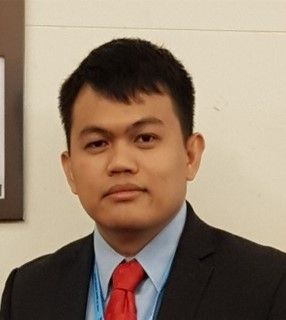People
Faculty
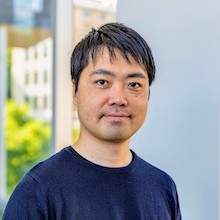
Hirokazu Shirado
Hirokazu Shirado is Assistant Professor of the Human-Computer Interaction Institute in the School of Computer Science at Carnegie Mellon University. He received his doctorate in Sociology at Yale University, where he was a member of the Yale Institute for Network Science. His reseach interests include social networks and computational social science. He is particularly committed to the experimental study of cooperative behaviors as they manifest through interactions between people located within social networks.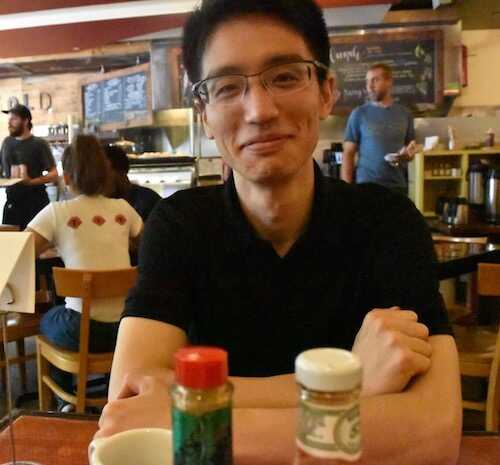
Atsushi Ueshima
Atsushi Ueshima is a postdoctoral fellow of the Japan Society for the Promotion of Science (JSPS) and now working in the Human Nature Lab at Yale Sociology. His current research interests lie in collective decision-making and mean-making process in human groups. He combines online experiments and natural language processing to study how people generate, share, and maintain social norms and culture. He uses methods from psychology, sociology, and computational social science.Speakers
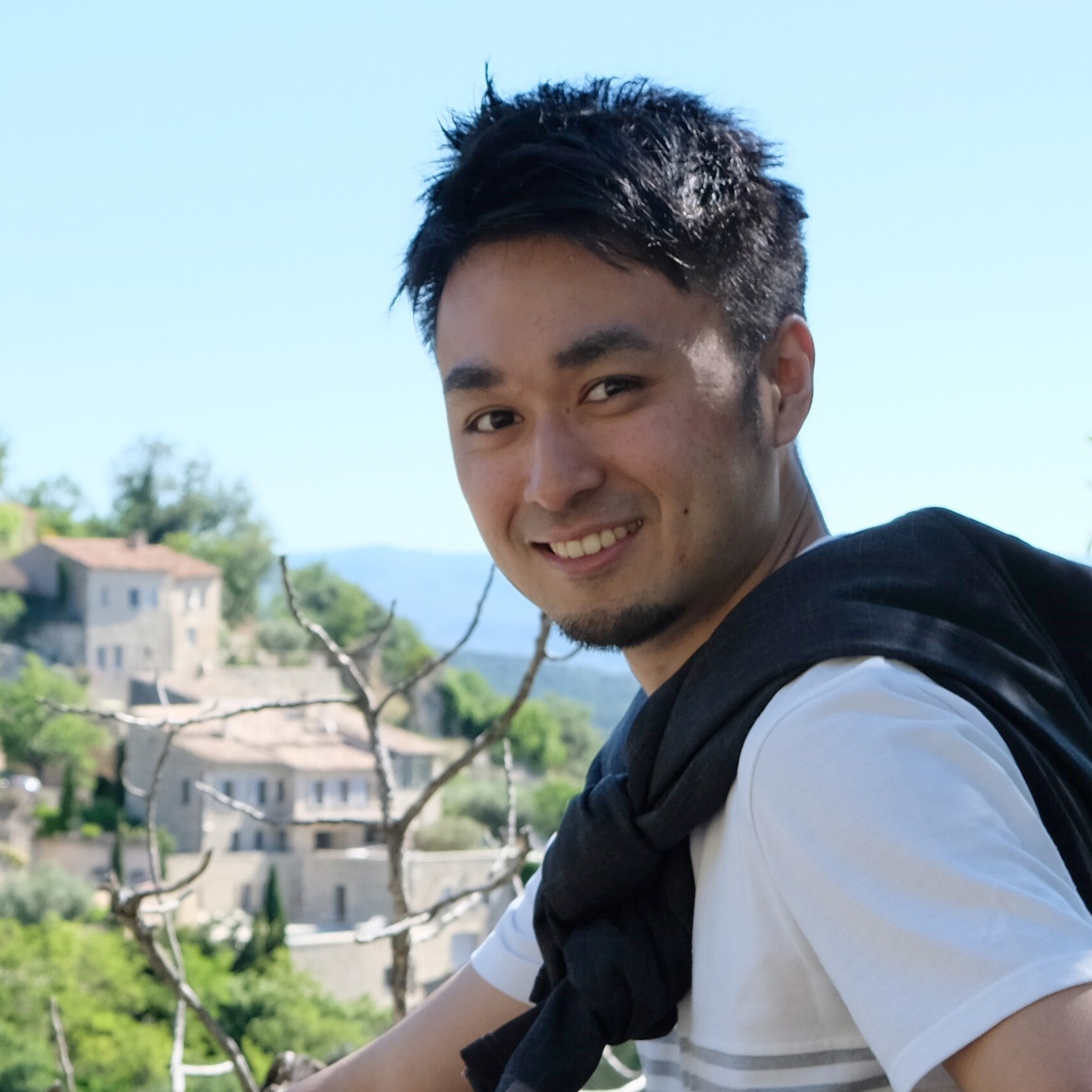
Takahiro Yabe
Takahiro Yabe is an urban scientist working as a Postdoctoral Associate at the MIT Institute for Data, Systems, and Society (IDSS) and Media Lab with Alex ‘Sandy’ Pentland and Esteban Moro. Taka’s research focuses on computational social science and network science approaches to model the resilience of cities to disasters, policy interventions, and disruptive mobility technology. He obtained his Ph.D. from Purdue University in 2021, and MS and BS from The University of Tokyo in 2017 and 2015, respectively. Taka has also worked as a Data Science Consultant for the World Bank, where he developed data science toolkits for disaster risk management and resilient urban transport. He will start as an Assistant Professor at New York University, Center for Urban Science and Progress (CUSP) from January 2024.Teaching Assistants
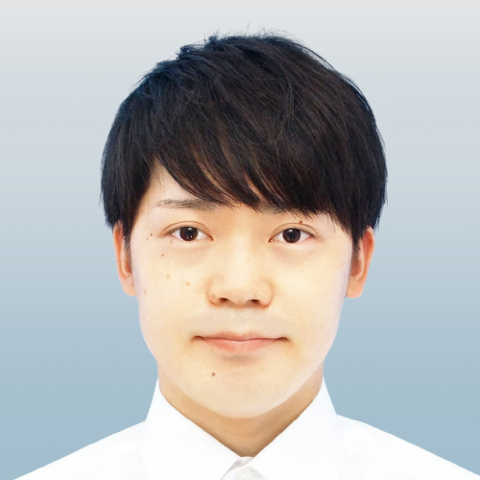
Aoi Naito
Aoi Naito is a postdoctoral researcher (JSPS) at the Tokyo Institute of Technology and is now working as a visiting researcher at the Human-Computer Interaction Institute of Carnegie Mellon University. With a background in social psychology and cognitive science, he has studied social influence and collective intelligence in humans. Currently, he tries to establish new research methods that utilize techniques from computational social science to expand the scope of his research interest through the use of big data.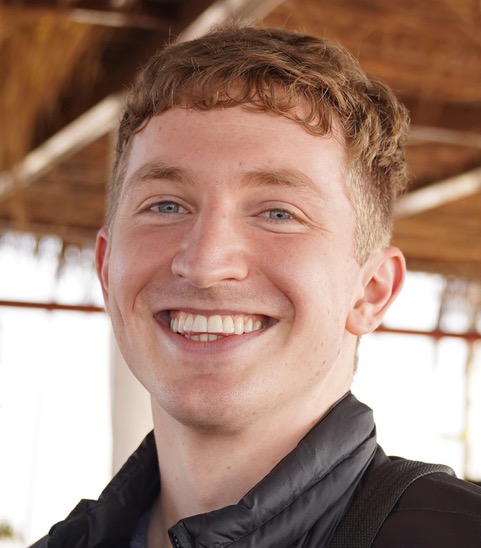
Elijah Claggett
Elijah is a Ph.D. student in Societal Computing at Carnegie Mellon University. His research centers around applications of machine learning to improve prosocial behaviors in large-scale virtual experiments. His current projects include developing and rigorously testing conversational aids to encourage cooperation between people with opposing beliefs. Previously, Elijah worked as a visiting researcher at Kyushu University’s Center for Cybersecurity after graduating from University of Maryland, Baltimore County with a B.S. in Computer Science.Participants

Ryota Takano
Ryota Takano is a postdoctoral fellow (JSPS PD) at the University of Tokyo in Japan. His research areas include psychology, cognitive science, physiology, neuroscience, experimental social science, and computational social science. He is fundamentally interested in the mechanisms underlying how humans can handle various events that arise throughout time.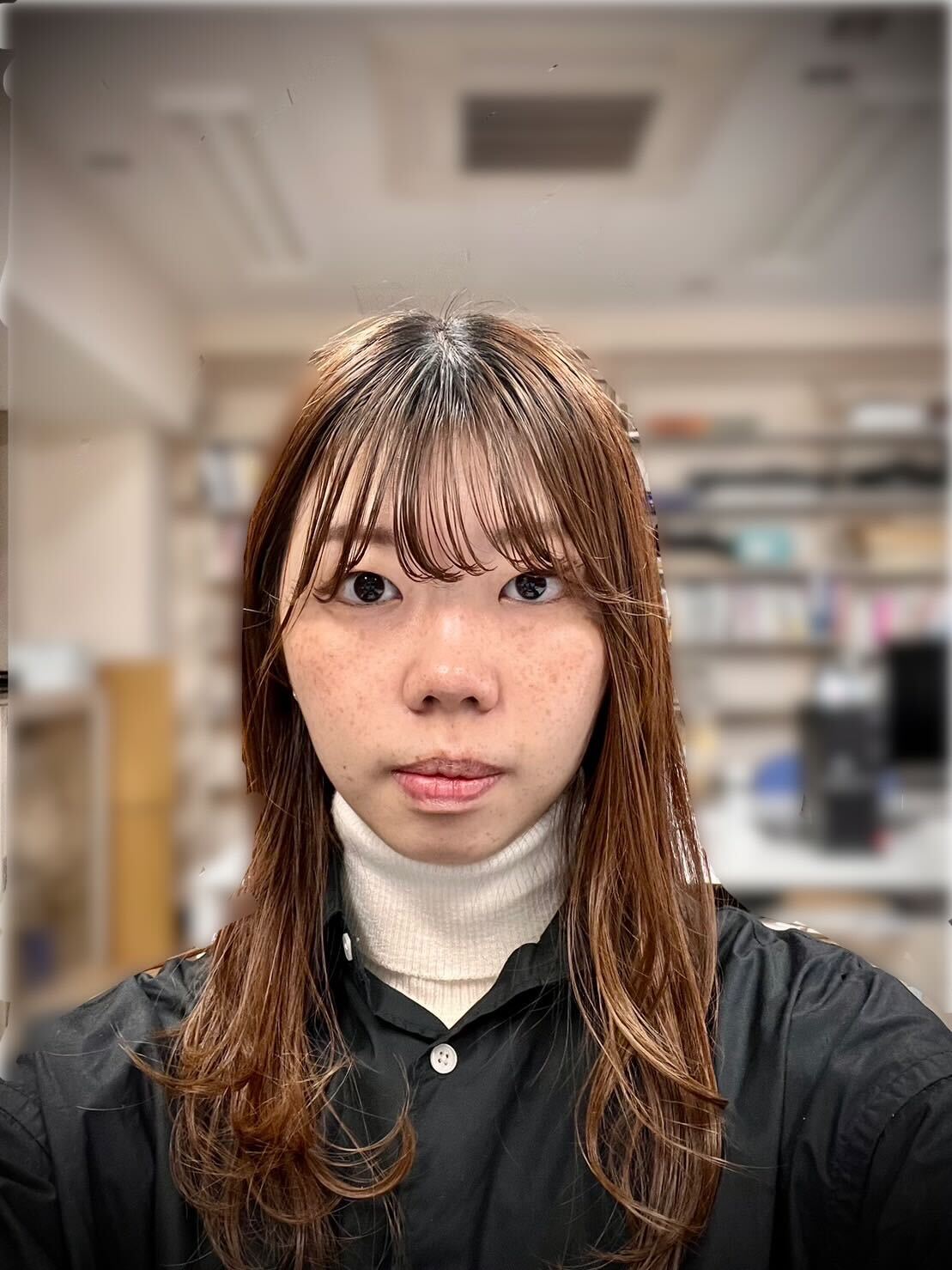
Yume Souma
Yume Souma is currently a master student at Hokkaido University in Japan and specializes in Social Psychology. She studies group decision making and consensus building through public deliberations, using group discussion experiments. She is interested in the conditions that multiple common goods are discussed and reflected in group consequences.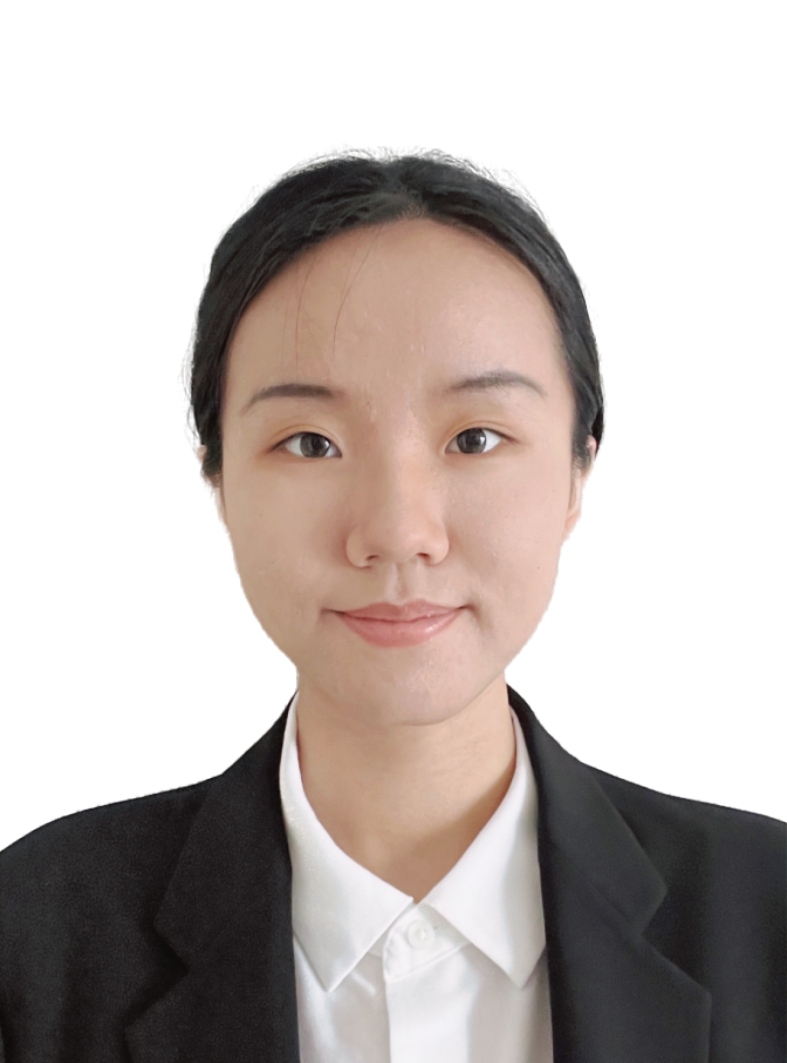
Yuxuan Du
To Usen is an MA student studying at the Journalism School of Waseda University in Japan. She is currently filming a documentary about Japanese technical interns and interested in data journalism.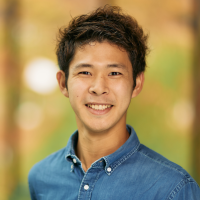
Kento Ohara
Kento is an MPhil student reading comparative politics at the University of Oxford. He is primarily interested in legislatures in parliamentary democracies, mainly in the UK, Germany and Japan, and how their internal procedures change over time. His methodology involves both quantitative and qualitative methods.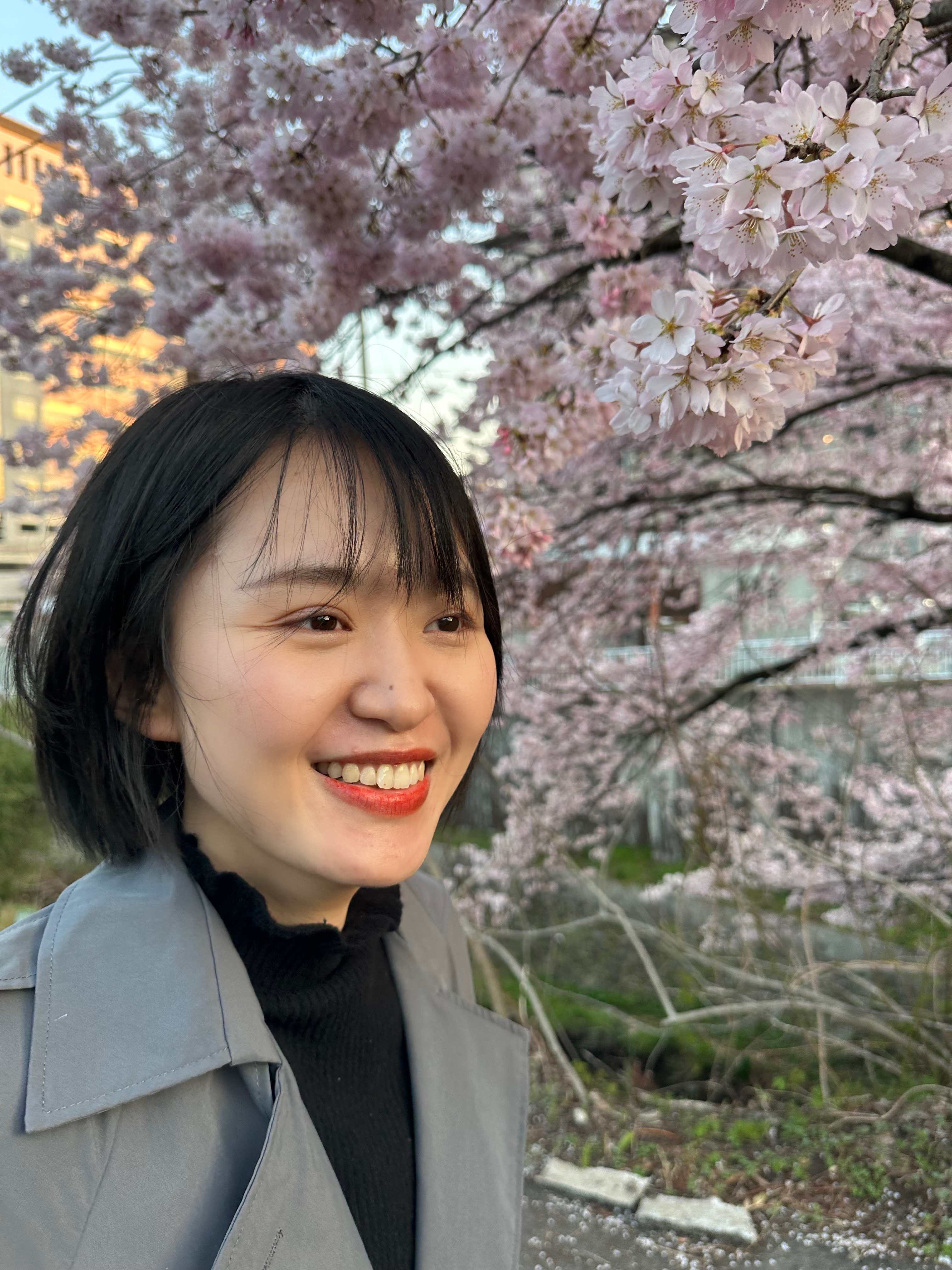
Xinhe Li
I'm Li Xinhe, a third-year doctoral student at the Graduate School of Information Sciences, Tohoku University. My research focuses on post-disaster policies following the Great East Japan Earthquake. By combining traditional policy research methods with state-of-the-art (SOTA) models, my aim is to gain deeper insights into policy formulation in areas affected by disasters. Through evidence-based decision-making, my ultimate goal is to translate my research into social value.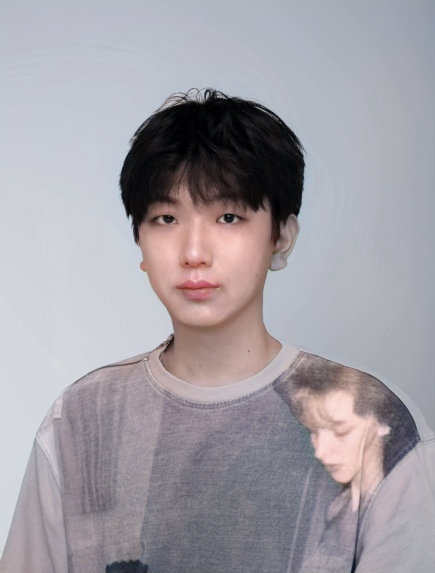
Yuxuan Cai
Yuxuan Cai is a master program student in architecture at the UC Berkeley.He has a diverse background in environmental design, landscape design, urban design, and architectural design, and has received awards from the American Society of Landscape Architects, IFLA, and WLA. His recent research focuses on urban data and exploring characteristics and different elements relationship of urban dynamic system using computer technology.
Zachary Pangan
Zac Pangan is a doctoral student majoring in Information Science at Nara Institute of Science and Technology. His current research interests are focused on the integration of social computing methodologies such as social network analysis and agent-based modeling on large language models and recommendation systems.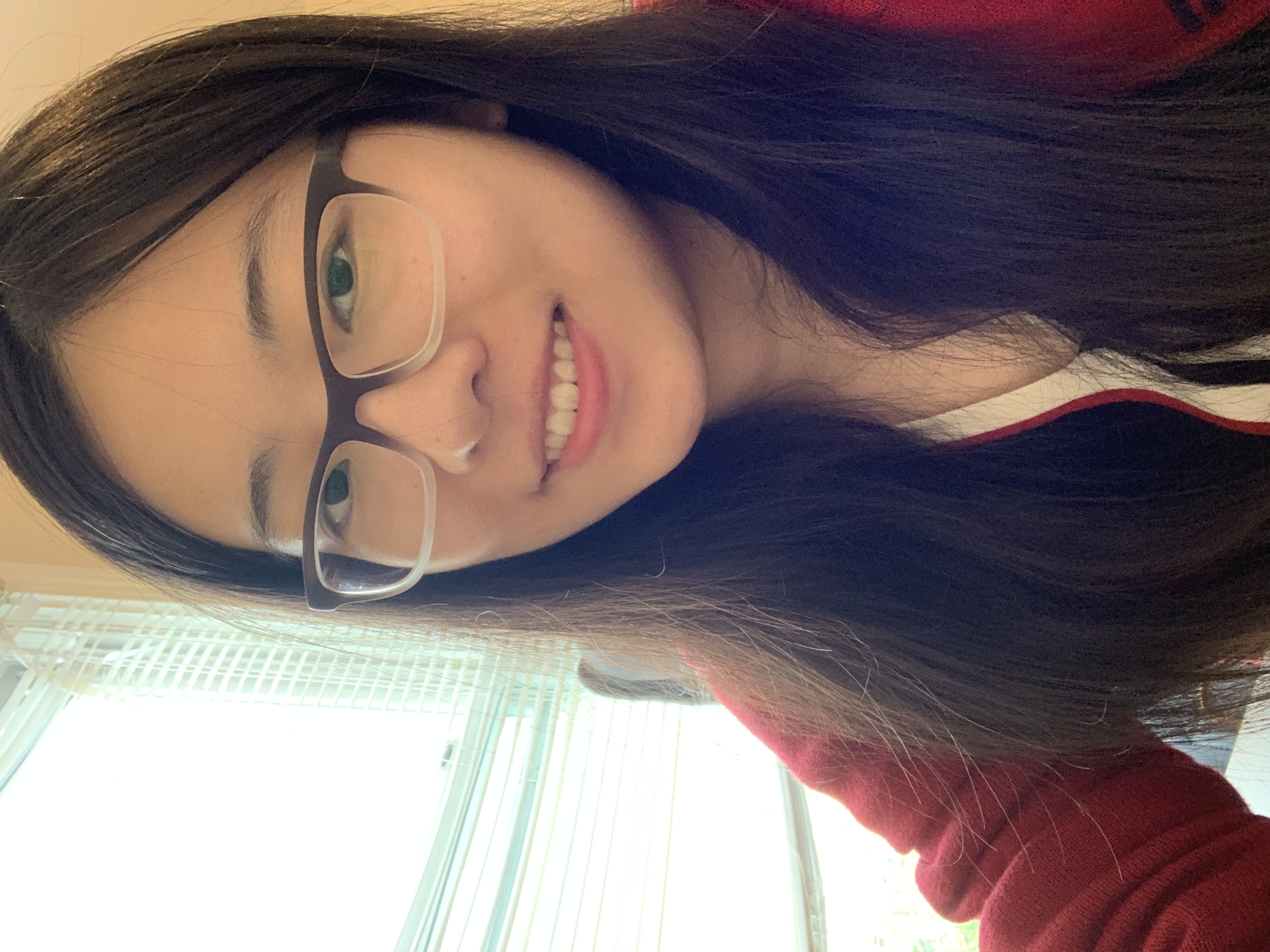
Yue Zhong
Yue Zhong is a Ph.D. candidate at Graduate School of Commerce, Waseda University. Her work examines how individuals grow into stars (people with high performance, status, visibility, and rich social capital) through sociological and economic lenses. From 2021 to 2022, Yue visited Yale University as a Fox International Fellow.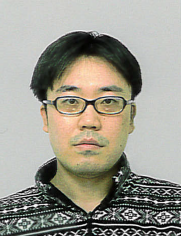
Yutaro Okano
I am a doctoral student whose major is politics. I also have been studied image data professing, biology, bioinformatics, and medical informatics.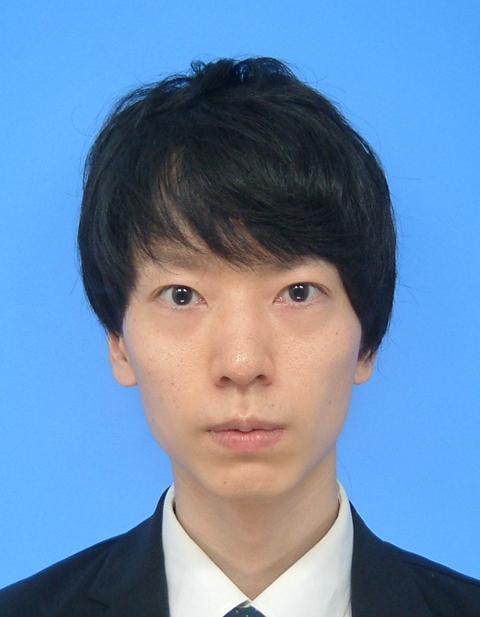
Yuki Hotta
Assistant Professor of Economics at Doshisha University. He received his Doctor of Economics in March of this year. His research area is the theoretical study of business cycles, especially the analysis of endogenous oscillations from nonlinear dynamic modeling. Recently, he would like to conduct empirical analysis as well.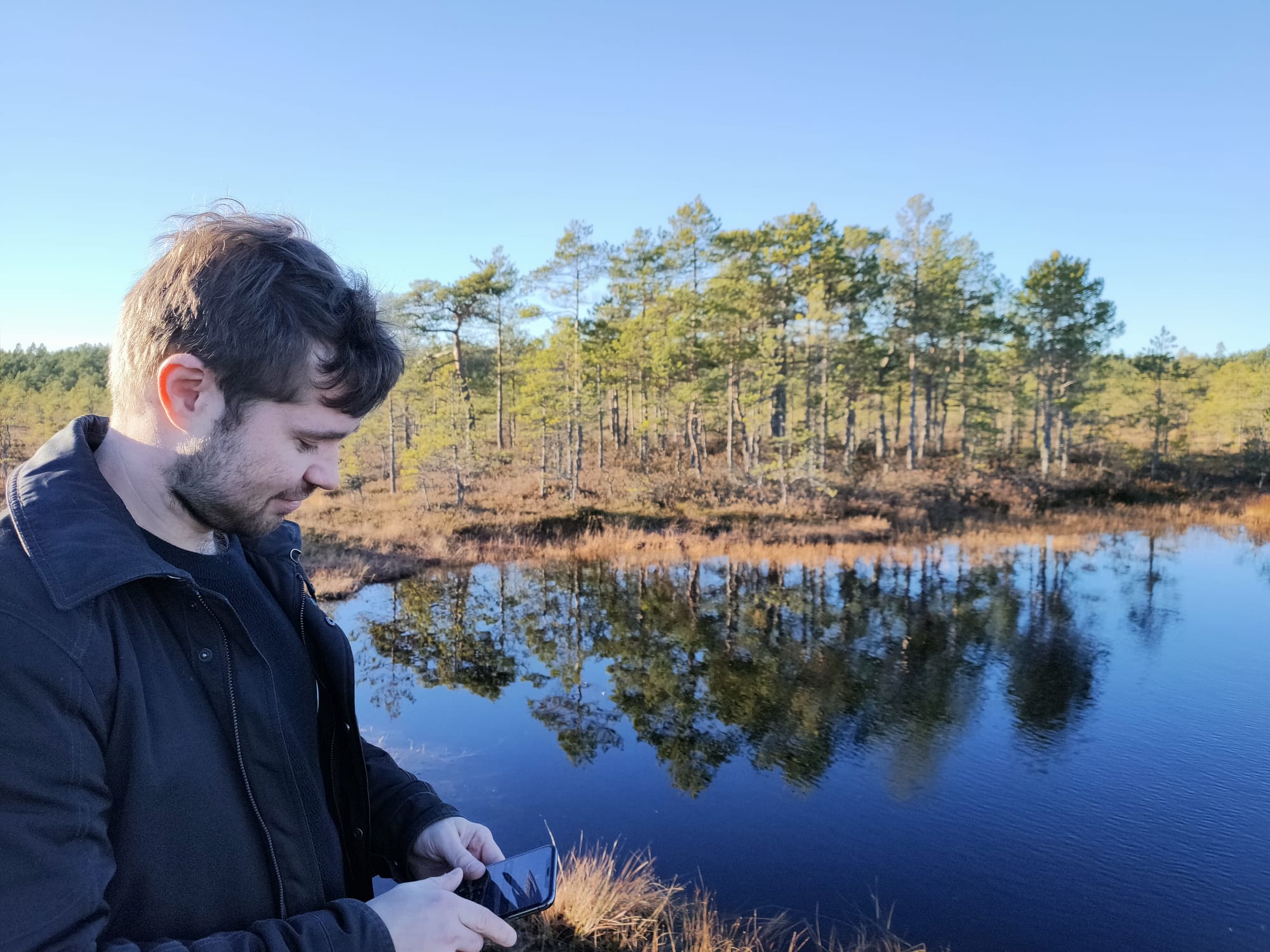
Robin Forsberg
Robin Forsberg is a Data Scientist and Engineer currently pursuing a PhD in responsible AI and machine learning at the University of Helsinki, Finland. Having lived and worked in Denmark, Ireland and the US, Robin has industry experience in social media and advertising, healthcare and financial services, working for Meta, Schibsted and Nordic Healthcare Group. Robin is trained in information technology and holds a Master of Science in Economics.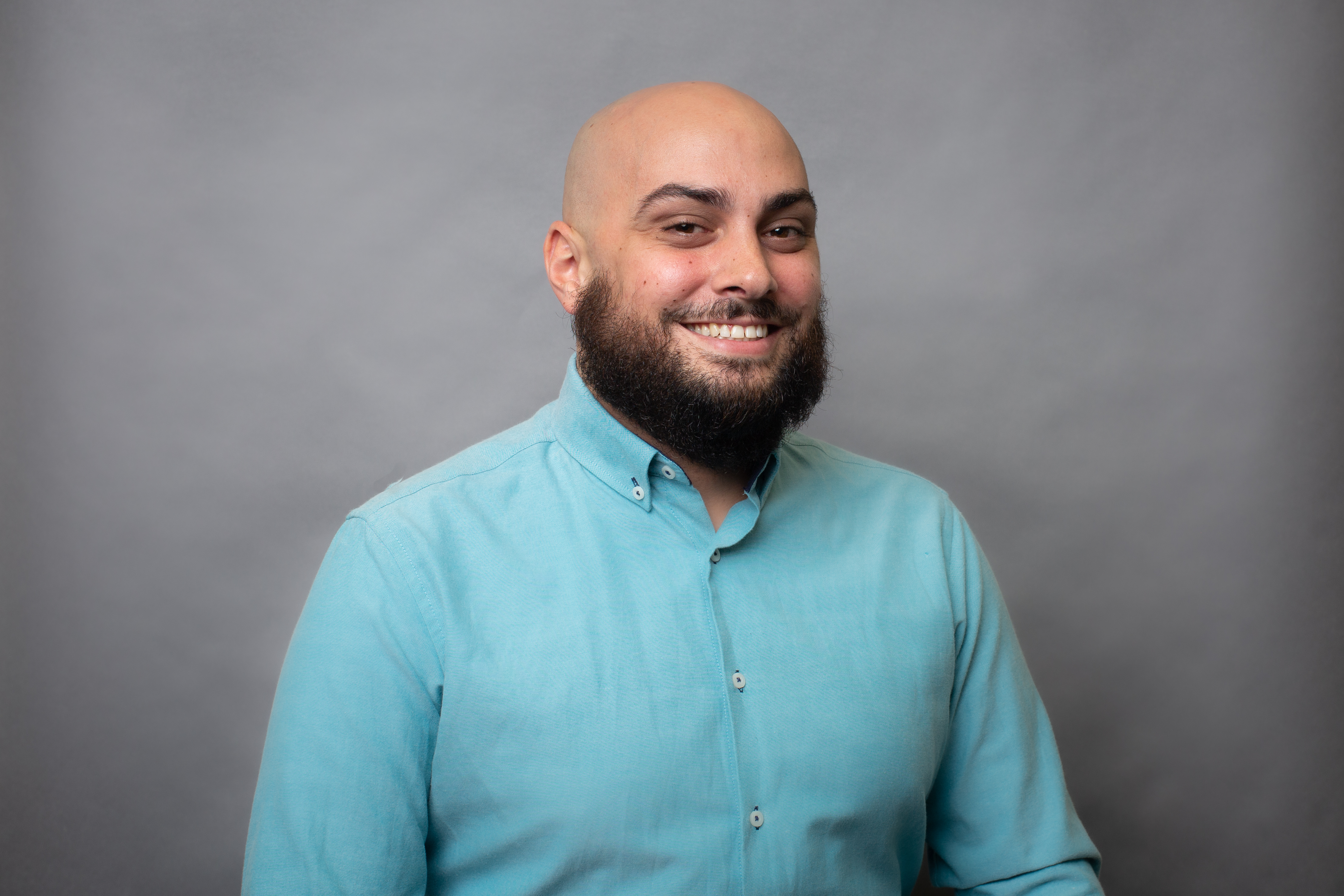
Guillermo Lezama
Guillermo Lezama is a Ph.D. Candidate in Economics at the University of Pittsburgh. He was born and raised in Uruguay, where he also completed his undergraduate studies at the Universidad de la República (Udelar). His research interests lie in the field of Political Economy, specifically in the different approaches that can be used to address Political Economy questions. He is particularly interested in the application of text-learning methods and applied microeconomics to study political behavior.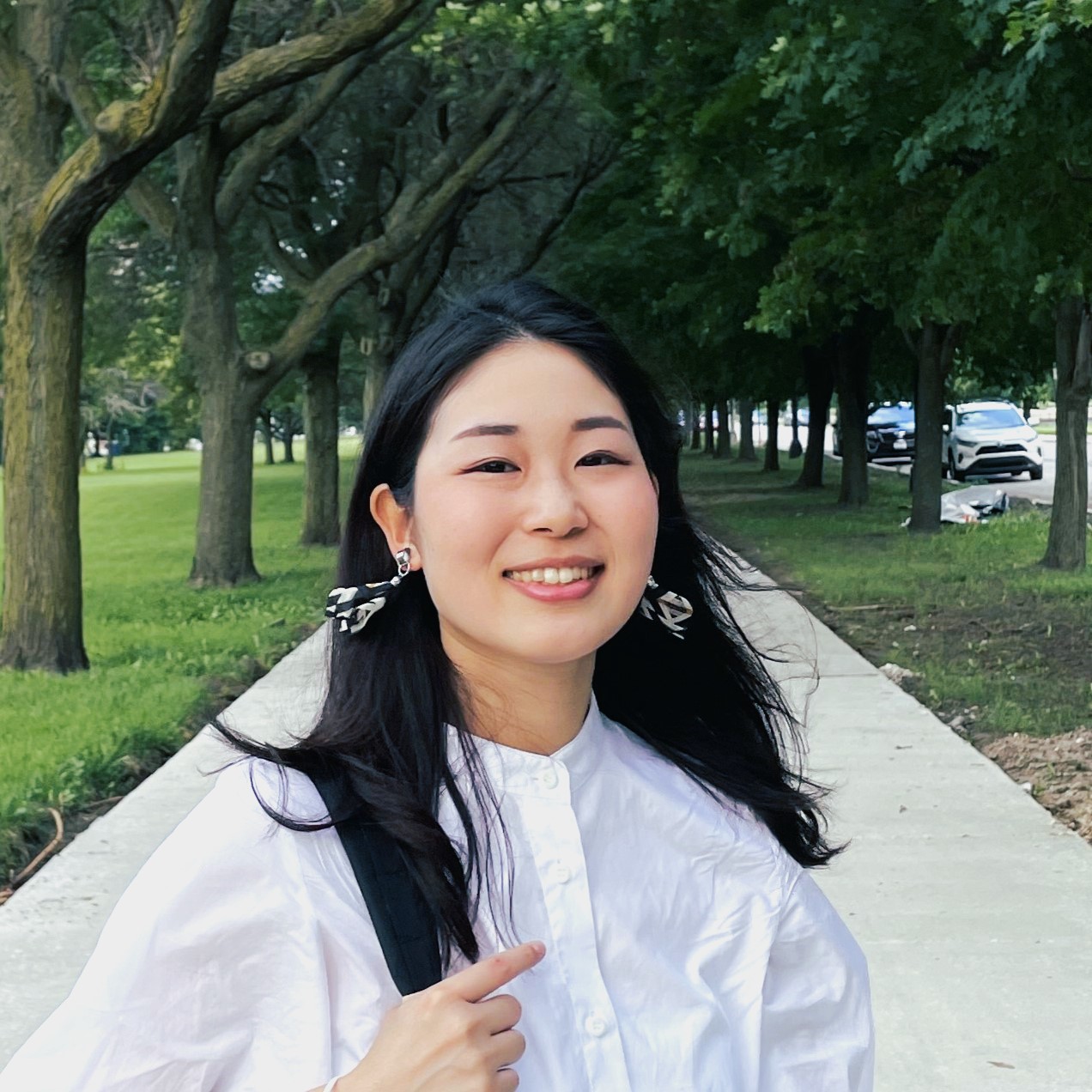
Moena Hashimoto
Moena Hashimoto is a Ph.D. student at Tokyo Institute of Technology. She is currently conducting research using social media analysis and online surveys to identify consumer interest in Food-Tech, especially meat alternatives. Her further research interests include social networks, polarisation and morals.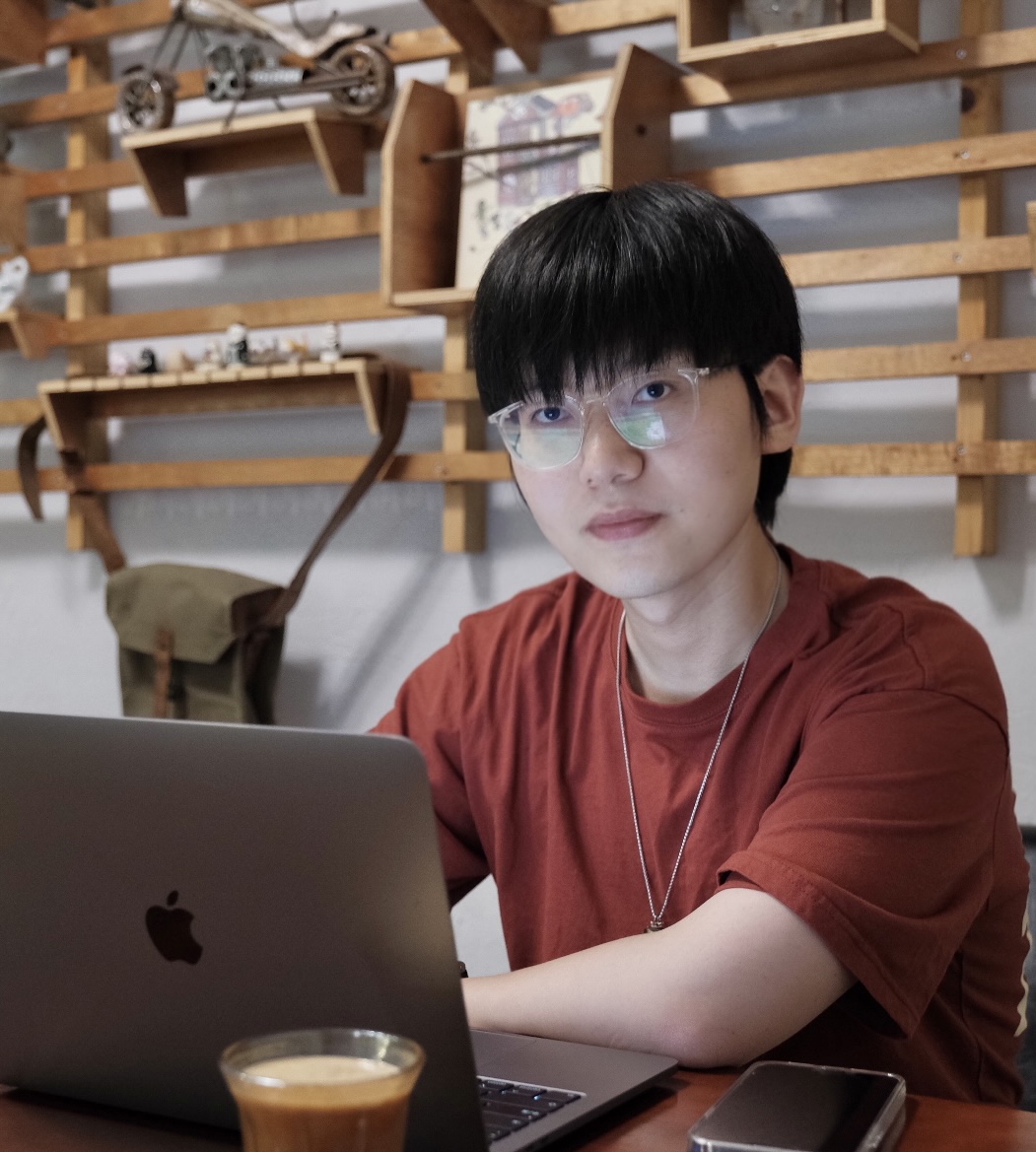
Bingyu Chen
Bingyu is a Ph.D. student at WKWSCI, Nanyang Technological University, as well as a Ph.D. scholar at AI Singapore. His research interests include human-computer interactions, media psychology, and information studies. He is now working on how technical features and individual differences influence public opinions about AI.